Sherri Marttila has taught music for over 30 years with students from age 4 to adult and beginning through advanced violin and viola. She also taught her own children to play violin!
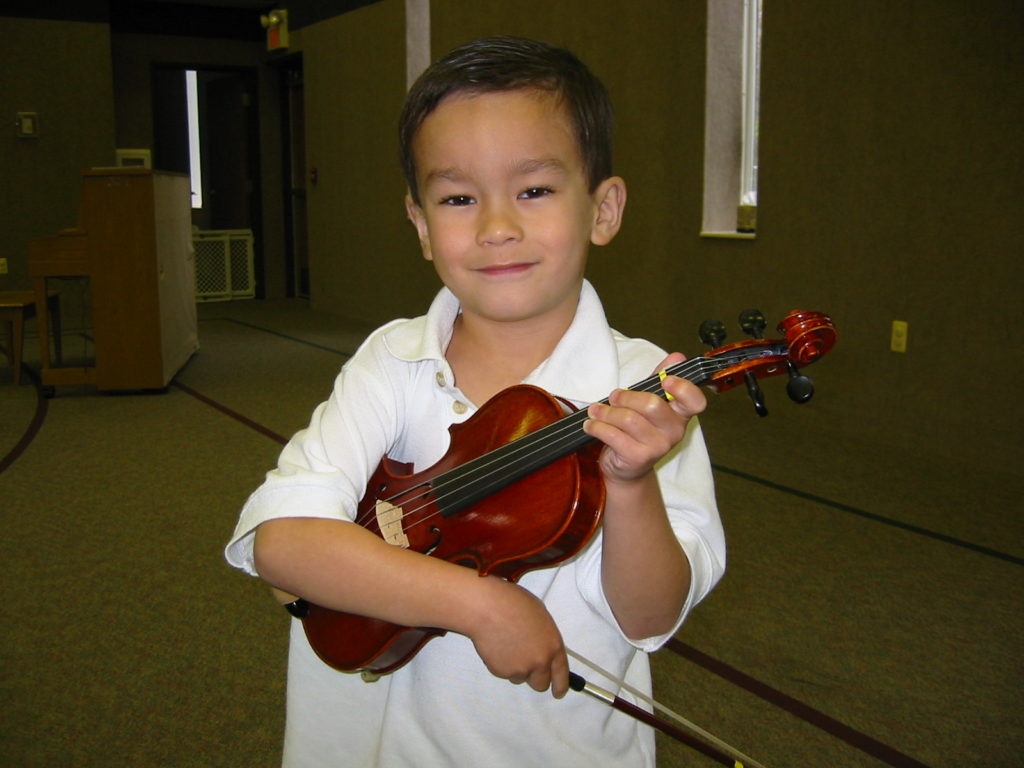
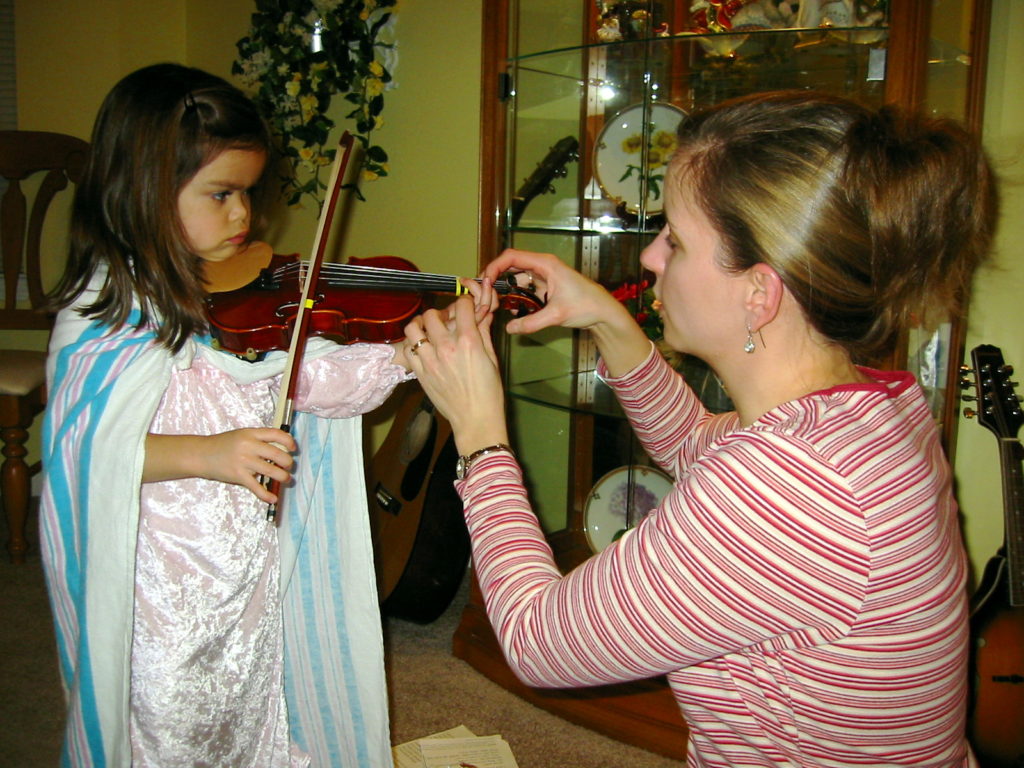
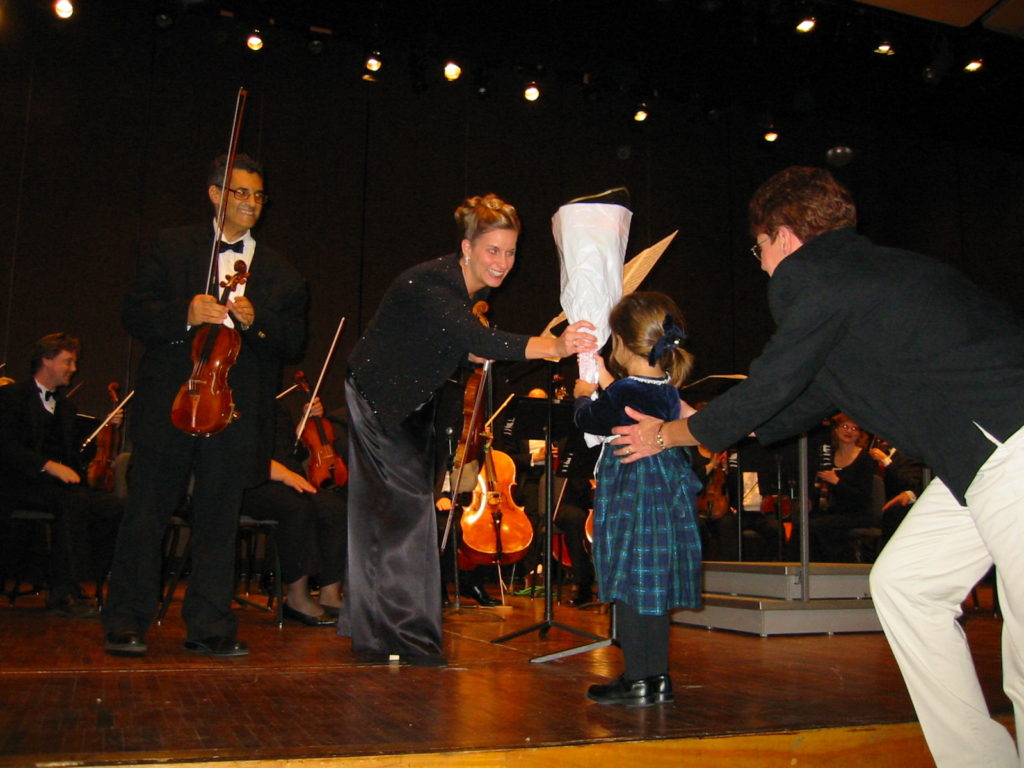
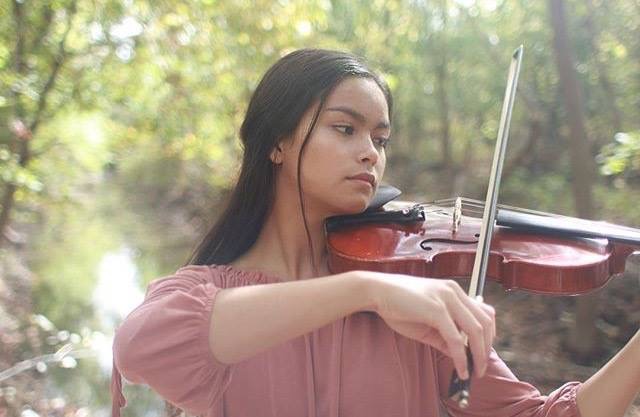
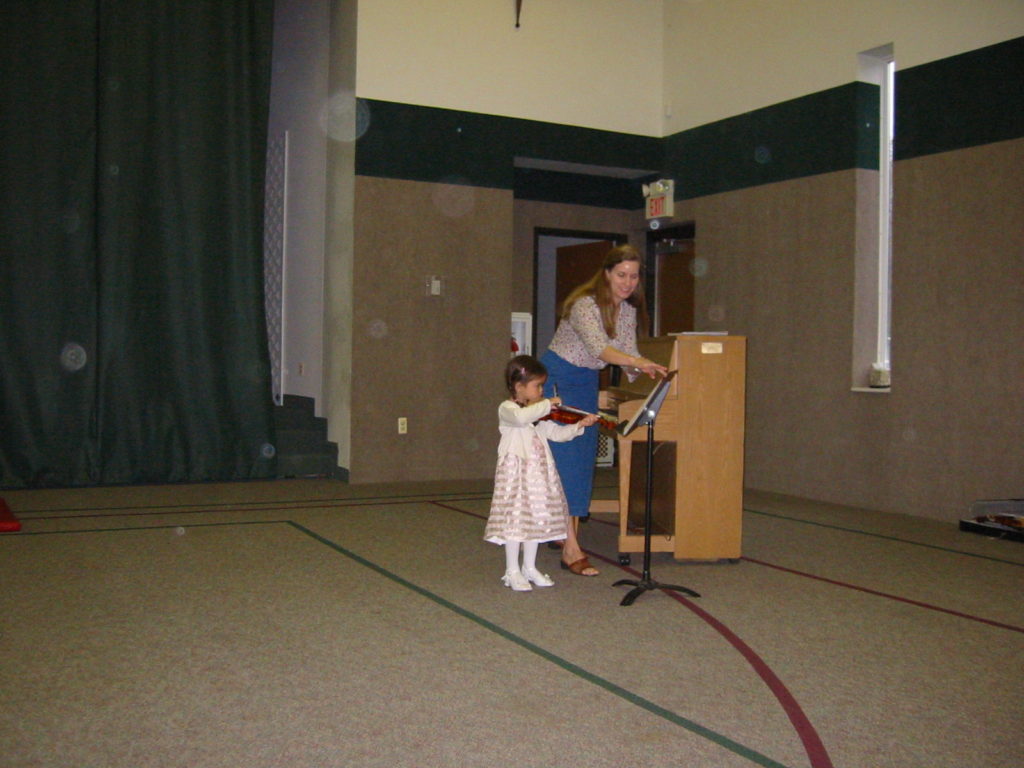
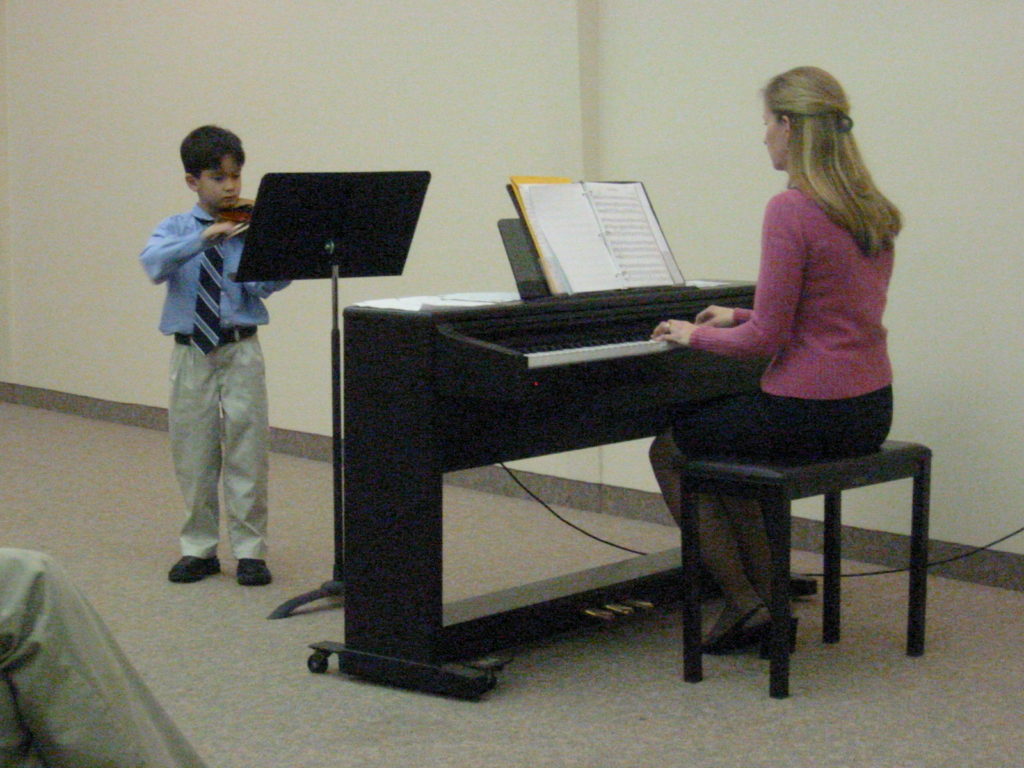
Tuition & Policies
Violin lessons are one-on-one instruction based on the student’s skill level and pace of study. Individual lessons are available for students ages 4 and older. Beginning through advanced level training is offered. The Suzuki method and traditional methods are utilized with a strong emphasis on note reading skills.
RATE – $60.00/hr.
- Thirty and forty-five minute lessons will be prorated. Typically, HS students will have a weekly 60 minute lesson, MS students will have a weekly 45 minute lesson and younger students will have a weekly 30 minute lesson.
The tuition amount is typically one month of lessons paid in advance. However some months may have only 3 lessons due to holiday schedules and some months may have 5 lessons.
Students are expected to attend lessons weekly throughout the school year. The reserved lesson time will be cancelled if a student accumulates 2 or more absences per month. Payment credits resulting from a student absence will no longer be carried over to the next month’s balance and no refunds will be given.
Make up lessons will be limited to one excused student absence per month. Makeups will be available on Fridays and some week nights. Make up lessons may also be scheduled during the studio breaks. There will be no makeups allowed for no shows or lessons cancelled with less than 24 hour notice.
Why Violin?
A violin education is one option of incorporating music education in the daily life of your child. Starting violin at an earlier age is certainly possible with the many different sizes of violins available. Children that are able to recognize the letters A, D, E and G and the numbers 1 – 4, are ready to begin violin lessons. Mrs. Marttila has taught students as young as 3 years old, including her own children. Her daughter started violin training at age 3.5 and continues to play the violin and her son began at age 5.
Benefits of Violin Lessons
As parents, we want the best for our children. We guide and nurture them throughout their most impressionable years. Studying an instrument at a very young age is unique because it is inherently multi sensory and multidisciplinary, with elements of math, language, history, and even science. Furthermore, studies have shown that musical instruction fosters growth in other academic areas and strengthens coordination.
All these things aside, making music is in itself a great source of joy. It is also a great outlet for self-expression. Playing as part of a musical group creates a sense of belonging and teaches teamwork. Musical instruction helps people of all ages develop the skills for a lifetime of joyful and expressive music making! Read on to learn more about the benefits of violin training.
1 – It improves academic skills.
Music and math are highly intertwined. By understanding beat, rhythm, and scales, children are learning how to divide, create fractions, and recognize patterns. It seems that music wires a child’s brain to help him better understand other areas of math, says Lynn Kleiner, founder of Music Rhapsody in Redondo Beach, CA. As kids get older, they’ll start reciting songs, calling on their short-term memory and eventually their long-term memory. Using a mnemonic device to do this is a method that can later be applied to other memory skills, says Mary Larew, Suzuki violin teacher at the Neighborhood Music School in New Haven, Connecticut. Musical instrument classes also introduce young children to basic physics. For instance, plucking the strings on a guitar or violin teaches children about harmonic and sympathetic vibrations. kids the opportunity to explore these scientific principles.
2 – It develops physical skills.
The violin demands different actions from your right and left hands simultaneously. It’s like patting your head and rubbing your belly at the same time. Studying the violin not only helps develop ambidexterity, but it can also encourage children to become comfortable in naturally uncomfortable positions. Enhancing coordination and perfecting timing can prepare children for other hobbies, like dance and sports.
3 – It cultivates social skills.
Group classes require peer interaction and communication, which encourage teamwork, as children must collaborate to create a crescendo or an accelerando. If a child is playing their violin too loudly or speeding up too quickly, they will need to adjust. It’s important for children to know and understand their individual part in a larger ensemble.
4 – It refines discipline and patience.
Learning the violin teaches children about delayed gratification. The violin has a steep learning curve. Before you can make a single sound, you must first learn how to hold the violin, how to hold the bow, and where to place your feet. Playing the violin teaches kids to persevere through hours, months, and sometimes years of practice before they reach specific goals, such as performing with an orchestra or memorizing a solo piece. Private lessons and practicing at home require a very focused kind of attention for even 10 minutes at a time. Group lessons also improve patience, as children must wait their turn to play individually. And in waiting for their turns and listening to their classmates play, kids learn to show their peers respect, to sit still and be quiet for designated periods of time, and to be attentive.
5 – It boosts self-esteem.
Violin lessons offer a forum where children can learn to accept and give constructive criticism. Turning negative feedback into positive change helps build self-confidence. Group lessons may help children understand that nobody is perfect and that everyone has room for improvement. Presenting yourself in public is an important skill whether you become a professional musician or not. This skill is easily transferable to public speaking. Once a child is advanced enough, they will possess musical skills that will help them stand out.
6 – It introduces children to other cultures.
By learning about and playing a variety of instruments, kids can discover how music plays a critical role in other cultures. For instance, bongos and timbales may introduce children to African and Cuban styles of music. Although the modern-day violin has roots in Italy, learning to play it exposes children to classical music popularized by German and Austrian musicians. Versatile instruments, such as the violin and piano, can accompany a wide repertoire of styles, including classical and jazz (which originated in the American South). It’s important to familiarize children with other cultures at a young age because this fosters open-mindedness about worlds and traditions beyond the ones they know.
FAQs
1) Where is your studio? Where do you teach?
My studio is located in my home in Davison, MI.
2) Where do I get a violin? Should I buy or rent?
I would recommend renting a violin before purchasing. The retailers below will allow rental money to be credited towards a purchase.
3) What ages do you teach?
Students in my studio start lessons as young as 3 years old, with parental supervision. Students of all ages study in my studio, including adult beginners.
4) What level of student do you teach?
Beginners through advanced students are welcome and feel comfortable in my studio. There are many opportunities for students of all levels to learn and progress.
5) My child is special/different, very smart/gifted, slow, energetic, has a short attention span, is a perfectionist, etc. Can my child learn to play the violin?
Each student who comes to my studio is treated as an individual, with the goal being to help him/her maximize strengths while working on areas which need more focus and attention. Students are encouraged to put forth their best effort towards educating themselves each day, and support is offered to all students in helping them to achieve their individual goals.
6) As a parent, do I need to have musical experience?
It is not necessary that the parent play a musical instrument prior to coming to my studio. Parents of young children will find that it is helpful to their child if they learn the basics right along with the child so that they can help their child practice each day at home.
7) How much practice time is expected of my child?
Students are expected to practice each day unless they are ill. The amount of time expected per day is in part age dependent. Careful practice each day, with attention to detail and correct technique being utilized are concepts which are emphasized during lessons.
This link will take you to a YouTube video designed to help any student of any age appreciate the benefits of practicing: Ted ed effective practice
8) What amount of parental involvement is needed?
Young students require parental supervision when they practice. As a child gets older, the child generally becomes more responsible and begins to practice independently. The age at which a child takes full responsibility for their practicing is determined on an individual basis. Students of all ages certainly benefit from the positive attitude and encouragement provided by their parents.
9) How may I help my child be successful while studying violin?
Consistent daily practice, reasonable amount of daily practice time, quality of practice time, parental involvement/supervision of practice sessions, attendance at weekly lessons and recitals, praise and positive encouragement from the child’s parents and teacher.
Student Successes
Students in Sherri’s studio have won competitions, prizes, and been honored in many ways for their excellence in violin and viola playing, including…
- Winning merit scholarships to attend Blue Lake Fine Arts Camp through Blue Lake and through the Davison Band & Orchestra Boosters.
- Attending and holding leadership positions in the orchestras at the junior, intermediate and high school divisions of Blue Lake Fine Arts Camp.
- Earning first chair positions in school orchestras.
- Receiving a “I” or “superior” rating for performances at both regional and state solo and ensemble contests.
- Receiving special recognition and invitations to perform at school events as featured soloists.
- Winning auditions, being awarded first chair positions and performing with all levels of the Flint Youth Orchestras, Oakland Youth Orchestras and Detroit Civic Orchestras.
- Earning a place with the Blue Lake International Orchestras and travelling through Europe as Music Ambassadors.
- Winning a place in the High School Honors Performance Series at Carnegie Hall and subsequently performing in New York City’s Carnegie Hall and the Sydney Opera House in Sydney, Australia.
Location
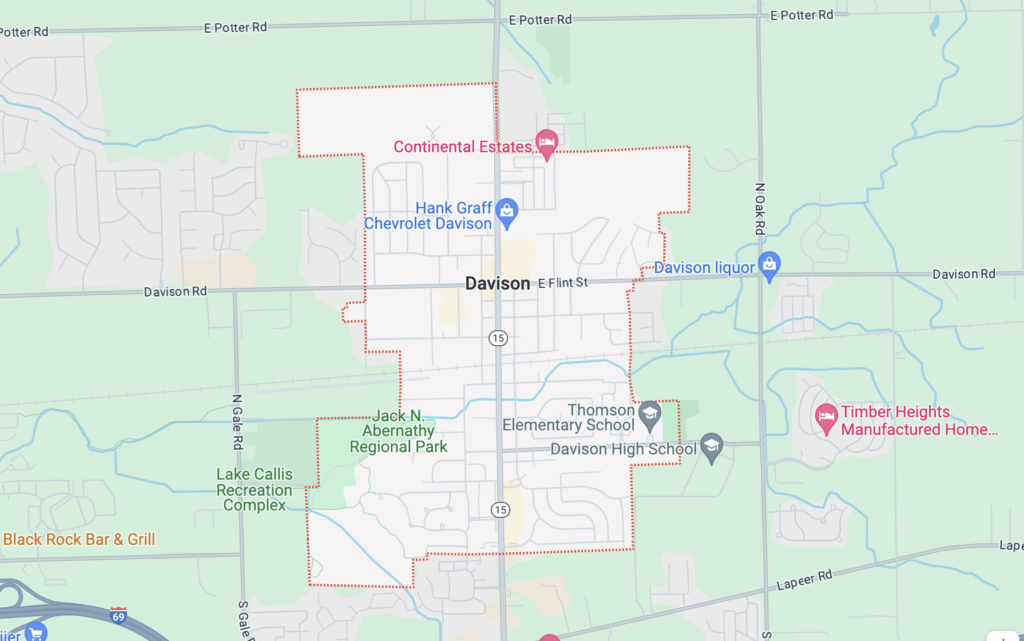
The home studio is conveniently located in Davison near M-15 and I-69.